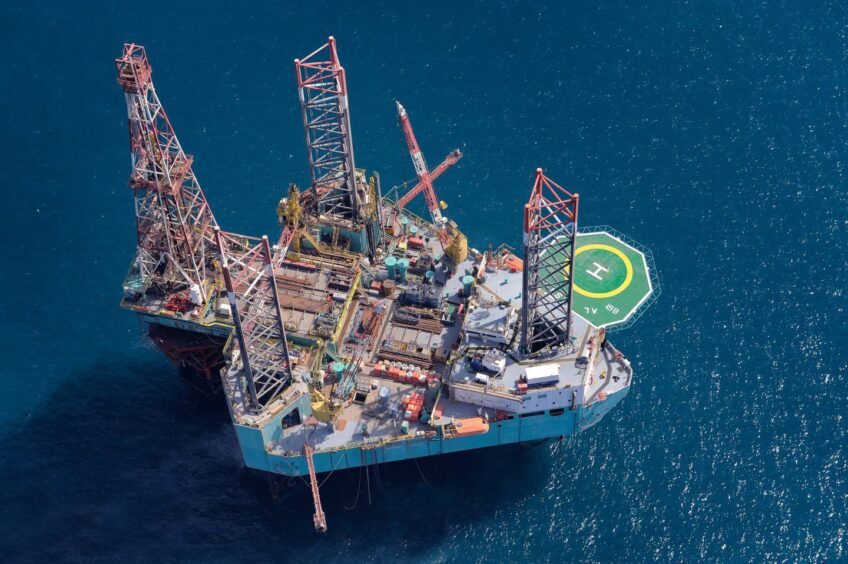
The Middle East has long been synonymous with the oil and gas industry, with approximately 30% of the world’s oil currently produced in the region.
Traditionally, the key priority of Middle Eastern oil and gas exporting states has been to maximise export income for the benefit of the local economy.
The relative political stability, lower production costs and carbon intensity of hydrocarbons production in the Middle East are likely to ensure that hydrocarbons produced in the region will retain market share, at least in the short to medium term.
However, with COP28 set to take place this November in the United Arab Emirates (UAE), a country consistently ranked amongst the top-10 largest oil producer globally, the role of significant oil producing states (and their national oil companies) in the energy transition has come under scrutiny.
The decision to appoint the CEO of the Abu Dhabi National Oil Company (ADNOC) (the primary oil and gas producer in the UAE), Dr. Sultan Al Jaber, as president-designate for COP28 has drawn sharp criticism from environmental groups.
However, at this year’s Abu Dhabi International Petroleum Exhibition and Conference (ADIPEC), Dr. Al Jabar’s message was clear: the energy industry is an essential player in the energy transition effort and “everyone must be at the table to make the transformation progress needed, especially the energy industry”. With the theme of this year’s ADIPEC being “Decarbonising. Faster. Together”, it is evident that the UAE envisions the oil and gas industry playing a significant and active role in the move to net-zero emissions.
In this context, ADNOC, in line with many of the European oil majors, is committing significant capital expenditure to both ongoing oil and gas activities (with plans for substantial increases in oil and gas production capacity and international expansion), as well as progressing its own energy transition strategy.
On a broader scale, the UAE’s decarbonisation and energy transition strategy is centring on three key areas: (a) decarbonising current energy systems; (b) investment in low carbon power generation; and (c) pursuing major hydrogen production projects.
ADNOC announced a slew of carbon capture (utilisation) and storage (CCS/CCUS) projects around ADIPEC, including the award of c.$17 billion worth of contracts for the world’s first net zero carbon dioxide emissions gas project at the Hail and Ghasha fields; a final investment decision to develop one of the biggest CCUS projects in the Middle East at Habshan, which will have the capacity to capture as much as 1.5 million tons per annum (mtpa); as well as the commencement of feasibility studies around establishing a Direct Air Capture facility in the UAE, which would be the first megaton-scale direct air capture site outside the United States.
Beyond CCS/CCUS, ADNOC is pursing flare reduction programmes, blue hydrogen production (hydrogen produced from natural gas, with the deployment of CCS technology), and ramping up gas production.
Increasing gas production concurrently with a ramp-up in domestic clean power generation (particularly through the development of vast solar farms, and the continued success of the Middle East’s first nuclear power plant at Barakah) will allow greater volumes of gas to be exported internationally through ADNOC’s LNG facilities, which will not only benefit the UAE economy but also assist in replacing higher carbon coal in locations such as Asia.
Further, in July 2023, the UAE approved its National Hydrogen Strategy which set out the UAE’s intention to become a world leader in producing and exporting low-carbon hydrogen.
To achieve this, various hydrogen oases (or production hubs) will be developed, with the goal of producing 1.4 mtpa of green and blue hydrogen by 2031, rising to 15 mtpa by 2050.
By pursing these diverse initiatives, Dr Al-Jabar is seeking to demonstrating that even oil-rich economies, and their national oil companies, can evolve and contribute to a cleaner and more sustainable global energy landscape and, furthermore, that the energy transition is not only possible, but a necessity, for all nations including those as deeply entrenched in the oil and gas sector as the UAE.
Recommended for you
